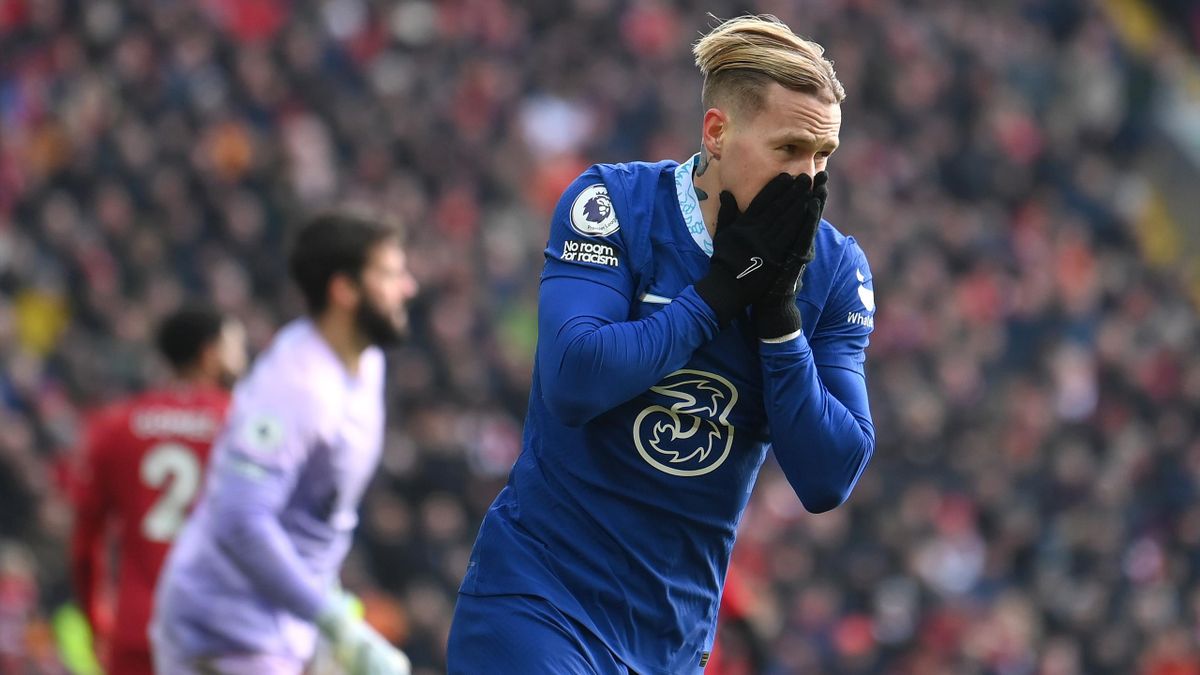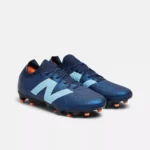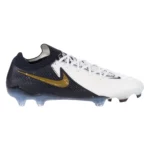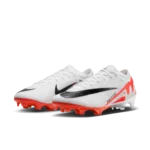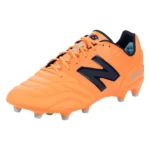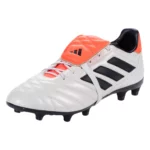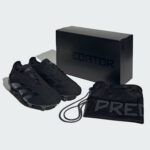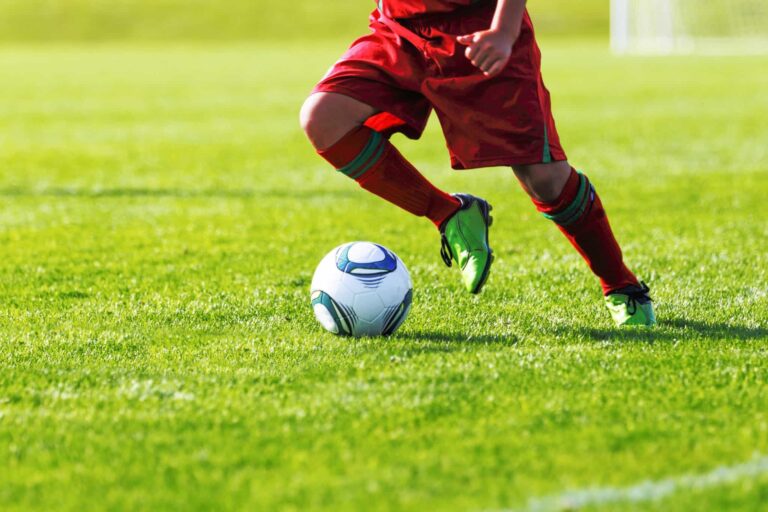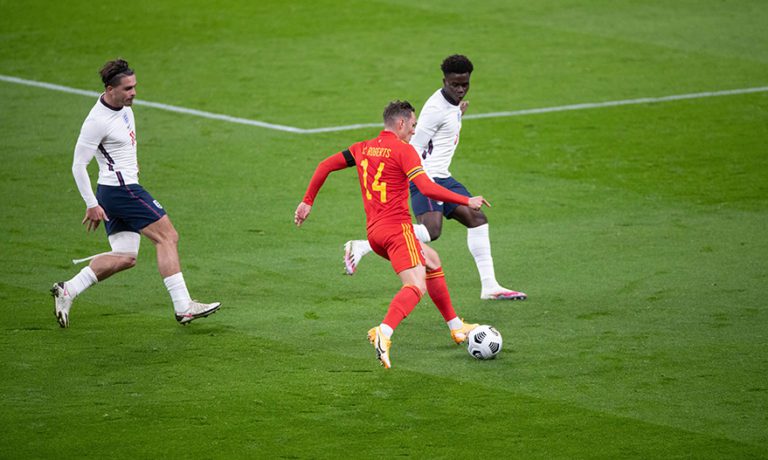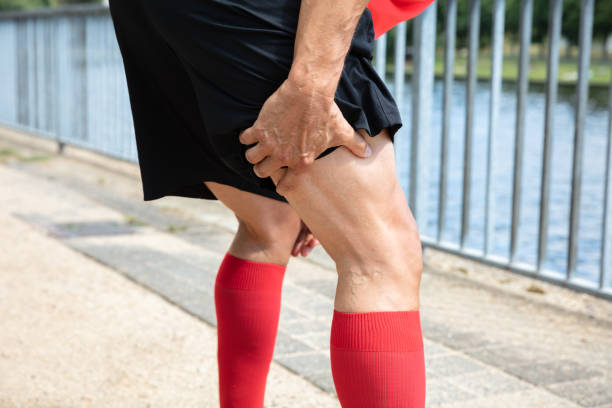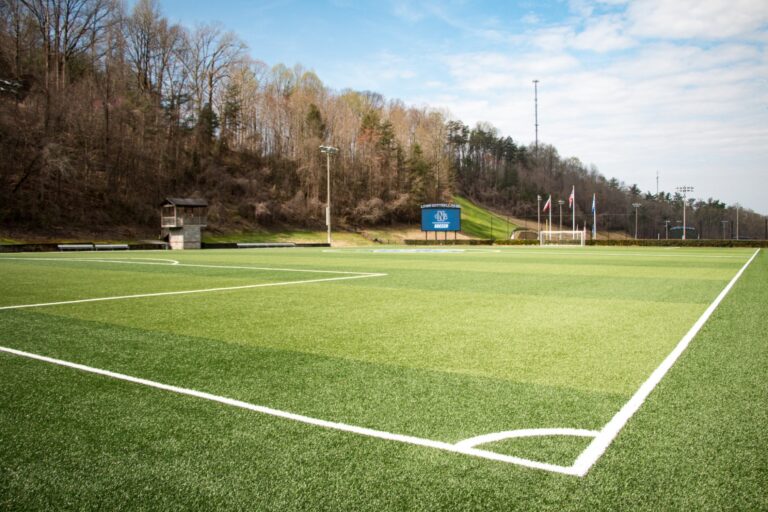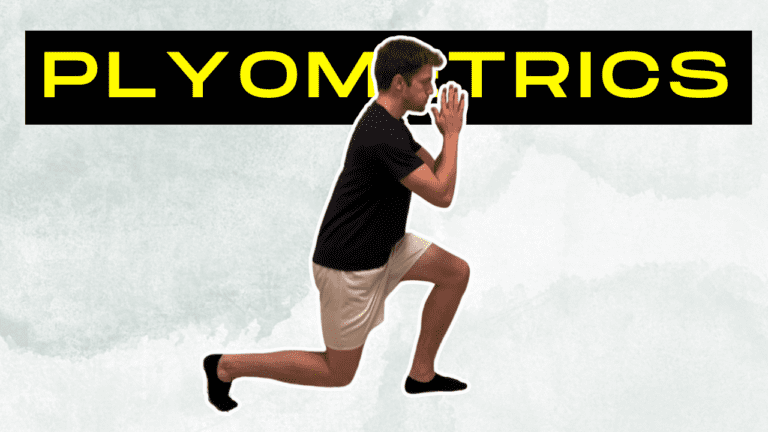How Do Footballers Recover So Quickly?
What Do Footballers Do For Recovery?
It’s amazing how pro footballers maintain their fitness while playing almost every day of the week. On top of their intense training schedule, some of them play in matches every 4 to 5 days. This kind of activity is extremely taxing on the body. If you don’t focus on prioritizing your recovery, your performance may decrease and you’ll be at a greater risk of injury. In this article, we’ll be discussing the different methods that footballers use to help them recover quickly.
We’ll start by covering the most important recovery techniques. Then, we’ll discuss additional tips you can use to supplement training on your off days.
Keep in mind that everyone is different, and the recovery methods that some players use might not work for you. Focus on taking it slow and finding what’s right for your body.
Sleep

The benefits of getting enough sleep as an athlete can not be overstated. Sleep is without doubt the most important thing required for your body to recover effectively. There are multiple scientific studies on the benefits of sleep for both athletic performance and recovery. Any legitimate coach or trainer will emphasize the importance of players getting enough sleep.
An International Journal of Sports Medicine article cites that reduced sleep can weaken the immune system, impede muscle recovery, and lead to a nervous system imbalance. The same article continues to explain that not getting enough sleep may result in decreased strength and sprint speed, as well as slower reaction times.
Most adults require at least 7-9 hours to function at their peak performance. Adolescents may need even more sleep to help support their physical and mental growth. In order to heal your body and better protect yourself from injuries, you need to ensure that getting enough sleep is your number one priority.
It can be challenging to prioritize sleep, as life may often get in the way. However, if you focus on getting a few key elements right, it can go a long way. Here are a few of my favorite tips for getting the best possible sleep:
- Maintain a regular schedule of going to bed and waking up
- Avoid coffee and alcohol in the hours before bed
- Avoid watching screens directly before bed
- Supplement with naps in the afternoon when necessary
- Listen to your body’s needs for sleep
High Protein Meals

Another crucial part of the recovery process for footballers is nutrition. Players need to be focused on eating high quality foods after training sessions and big matches. A well balanced diet is going to consist of meals containing carbohydrates, fats, and protein. The most important macronutrient for your body’s recovery is going to be protein.
The recommended amount of protein for athletes is about 1.2 to 2.0 grams of protein per kilogram of bodyweight. Protein contains amino acids that help repair and rebuild your muscles after they’ve been exercised.
Most professional teams have chefs and nutritionists that ensure players get high quality protein throughout the week. If you do most of the cooking on your own, there’s a variety of sources that you can get your protein from. Here are just a few great options:
- Steak
- Chicken
- Fish
- Eggs
- Milk
- Yogurt
- Whey Protein
- Soy Protein
Hydration
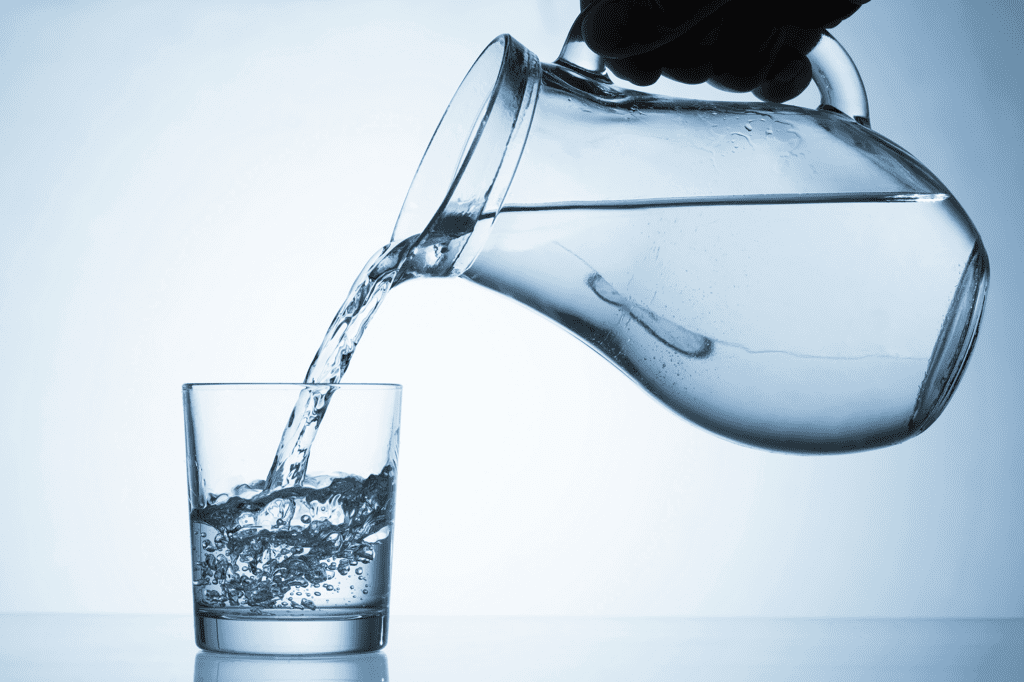
Whether you’re in a training session or recovering after a match, getting enough water is crucial. Footballers can lose up to 1% of their body weight during a single game. That equates to 33 ounces of water. There’s no specific recommendation that will work for everyone, but athletes should be drinking water throughout the entire day.
Drinking water will help move both oxygen and nutrients throughout your body. That’s part of the reason it’s so important to hydrate before, during, and after training. Keep in mind that this is even more important if you’re playing in hot or humid environments.
Along with water, you should also consume electrolytes to help aid your performance and recovery. Sodium and other electrolytes will help your body sustain water and hydrate faster. You can try using supplements like Liquid IV and Nuun to help increase your electrolyte intake.
Active Recovery
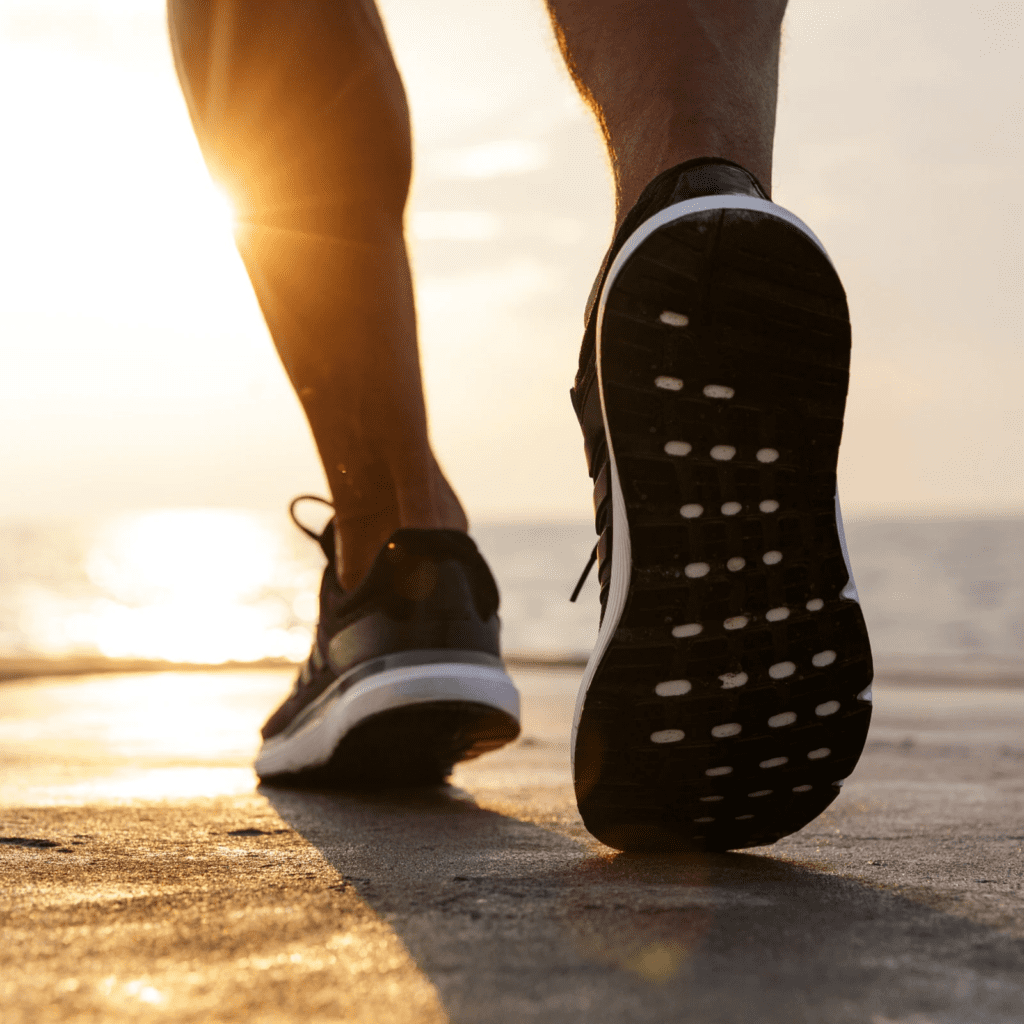
Active recovery is another technique used by pro footballers all around the world. The term active recovery refers to performing low intensity exercises to help promote effective healing. The reasoning behind this is that staying active helps promote blood flow to muscle tissue and reduces lactic acid buildup.
This is all to suggest that it may not be best to just sit on the couch the day after the game, as tempting as that may be. The best way to promote recovery is to keep your body moving. Try and find the active recovery method that you enjoy the most. Below are just a few examples of some exercises that work well:
- Walking
- Swimming
- Cycling
- Yoga
Upper Body Work

An off day is a great opportunity to focus on strengthening your upper body. Although your legs will be sore after a long match, your upper body will likely be unaffected. Pro footballers know the importance of developing a strong upper body, so they often take rest days as a chance to head to the gym.
There’s a wide variety of exercises you can do to help strengthen your chest, shoulders, arms, and back. Many of these workouts can be performed with no equipment, while others can be done with added weights. Here are some of the simplest upper body workouts that you can incorporate into your routine:
- Push ups
- Dips
- Overhead Press
- Pull ups
- Chin ups
- Dumbbell Rows
Stretching & Foam Rolling

If you feel tightness or soreness in specific areas, stretching and foam rolling can be effective tools to benefit your recovery. Stretching out the muscles of your lower body will help increase blood flow and promote flexibility. If you feel tightness in your quads, glutes, or hamstring, you may benefit from lightly stretching these muscles.
Foam rolling is used by some players to help relieve muscle soreness, tightness, and inflammation. It can be a useful technique when you’re trying to target a specific muscle group. Keep in mind that both stretching and foam rolling should never result in pain. So don’t overdo it with these methods.
Remember that sleep and nutrition are going to be the most important elements of the recovery process. If you get those right, the rest will follow.
Good luck with your training!
- Most Comfortable Football Boots of 2024
- Nike Phantom GX 2 vs Adidas Predator Elite
- Puma Future 7 Pro – Review
- Mizuno Morelia 2 Elite Review
- Nike Phantom GX 2 Elite Review
- Width Matters: Choosing the Right Football Boots for Your Feet
- Nike Premier 3 vs Copa Gloro vs NB 442 V2 Pro
- The Best Value Adidas Boot – Copa Gloro Review
- Best Predator Ever? – Predator Elite Review
